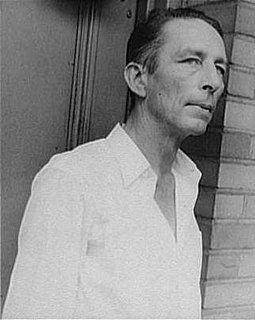A Quote by D. H. Lawrence
Anyone who is kind to man knows the fragmentariness of most men, and wants to arrange a society of power in which men fall naturally into a collective wholeness, since they cannot have an individual wholeness. In this collective wholeness they will be fulfilled. But if they make efforts at individual fulfilment, they must fail for they are by nature fragmentary.
Related Quotes
The widely accepted assertion that, only if you let markets be will everyone be paid correctly and thus fairly, according to his worth, is a myth. Only when we part with this myth and grasp the political nature of the market and the collective nature of individual productivity will we be able to build a more just society in which historical legacies and collective actions, and not just individual talents and efforts, are properly taken into account in deciding how to reward people.
[K]now that however ugly the parts appear the whole remains beautiful. A severed hand Is an ugly thing, and man dissevered from the earth and stars and his history... for contemplation or in fact... Often appears atrociously ugly. Integrity is wholeness, the greatest beauty is Organic wholeness, the wholeness of life and things, the divine beauty of the universe.
Just as there is no such thing as a collective or racial mind, so there is no such thing as a collective or racial achievement. There are only individual minds and individual achievements-an d a culture is not the anonymous product of undifferentiate d masses, but the sum of the intellectual achievements of individual men.
In philosophical anthropology, ... where the subject is man in his wholeness, the investigator cannot content himself, as in anthropology as an individual science, with considering man as another part of nature and with ignoring the fact that he, the investigator, is himself a man and experiences this humanity in his inner experience in a way that he simply cannot experience any part of nature.
Wholeness is sort of a dubious concept. Because in terms of the human body and literal wholeness and structures, you think: "here are the structures that help make me whole." Family, or school, or the city I live in. When those structures are dysfunctional or decaying, you end up kind of Frankensteining pieces from everywhere in order to make yourself sated and comfortable and alive.
The main characteristic of collectivism is that it does not take notice of the individual's will and moral self-determination. In the light of its philosophy the individual is born into a collective and it is "natural" and proper for him to behave as members of this collective are expected to behave. Expected by whom? Of course, by those individuals to whom, by the mysterious decrees of some mysterious agency, the task of determining the collective will and directing the actions of the collective has been entrusted.
































